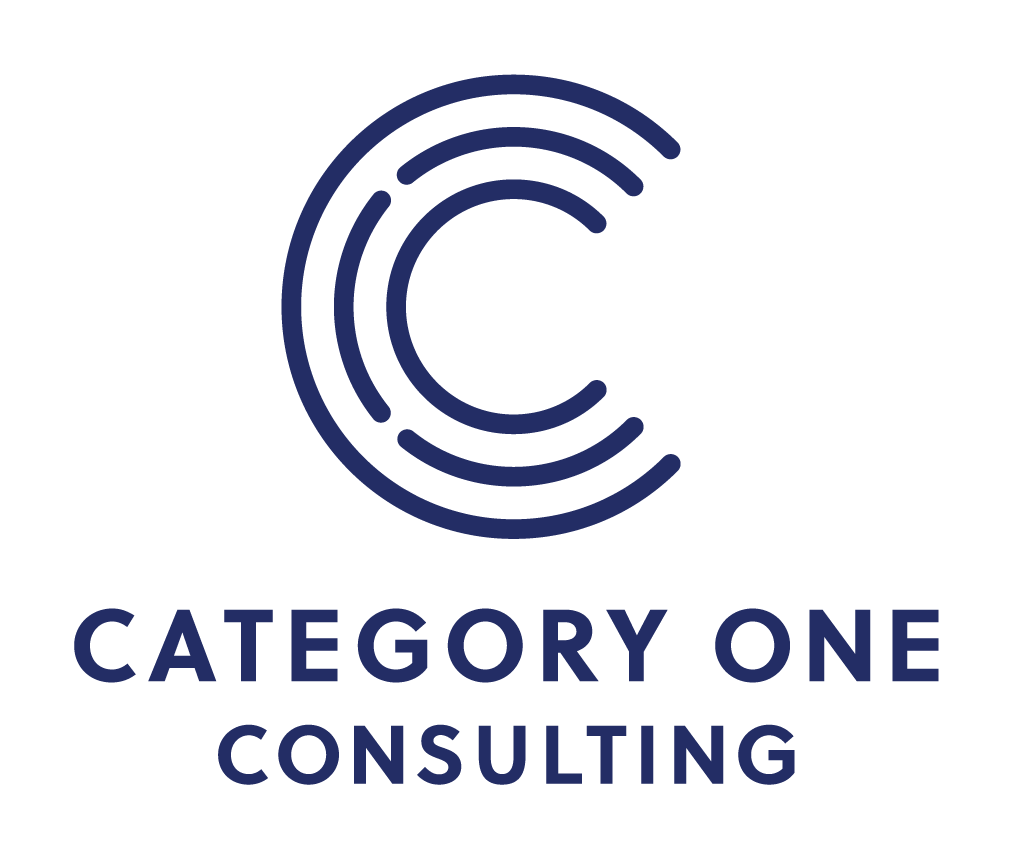Strategic Planning: C1C’s Purposeful & Actionable Process
A strategic plan is a process that documents and communicates an organization’s goals, the actions needed to achieve those goals, and the metrics that will be used to measure progress. Strategic plans have four main purposes: tell the organization’s story in a clear manner, develop a shared vision for the organization, direct everyday actions toward common goals, and proclaim aspirations and strive towards them.
We know that every organization is at a different place in their strategic planning journey, and we focus on developing tailored solutions to meet them where they are at on that journey.
At Category One Consulting, we collaborate with clients to create comprehensive strategic plans using an inclusive and participatory process that builds consensus and buy-in among stakeholders while also allowing clients to immediately take action on the plan and measure their impact.
We know that every organization is at a different place in their strategic planning journey, and we focus on developing tailored solutions to meet them where they are at on that journey. Below, I provide the primary steps we follow for conducting the strategic planning process with our clients; however, this process can be customized at every step with add-on methods and supplemental components to provide whatever an individual client might want or need.
Discovery & Planning. We begin our strategic planning process by conducting a discovery session with the leadership of the organization. We use this session to understand what they see as the goals and priorities of the organization as well as to work out any logistical details needed for the rest of the process. As part of this stage, we also review all relevant internal documents to the organization to ensure we have a comprehensive understanding of its history and current state. These documents might include past strategic plans, program or project overviews, and branding documents. This step sets the stage for the rest of the strategic planning process.
Facilitated Workshop. After conducting discovery and planning, we create a detailed agenda inclusive of objectives, activities, and materials to conduct an engaging and productive facilitated workshop with organizational stakeholders, such as leadership, staff, board members, and partners. During the workshop we use a series of customized activities along with participatory and inclusive meeting facilitation methods to generate ideas and build consensus around the organization’s shared goals and critical actions. Our activities are designed to start very broadly so participants can generate many ideas and options. We then use different methods to begin to narrow and prioritize the top five or six goals and their associated actions. We also use the workshop to begin to get a sense of the key performance indicators (KPI) that can best be used to measure the organization’s success toward achieving the plan.
Plan Creation. After conducting the facilitated workshop, we compile and review all of the information gathered in the previous stages. We then use the gathered information to create a first draft of a comprehensive strategic plan. We do not merely provide our clients with notes taken from the session for them to finalize into a strategic plan, rather we use the gathered organizational input as well as our expertise in organizational effectiveness to create a solid first draft of the entire plan. Additionally, we develop the strategic plan in client-branded deliverables that provides both a detailed and high-level format to ensure it is ready to be shared with internal and external stakeholders in a consistent and compelling manner.
Plan Finalization. After we create the first draft of the plan we schedule and conduct a review session with organizational leadership. We use this time to go over the strategic plan in detail, answer questions, and collect any feedback on the plan from the leader. We then incorporate the collected feedback to finalize the strategic plan deliverables. We recommend first reviewing the strategic plan with the leader of the organization but we can also add on additional review sessions if they would like us to review and get feedback from other important stakeholders.
Plan Monitoring. Good leaders know that strategic planning is not finished when the formal strategic planning process is complete. Strategic plans should exist as living documents that are revisited regularly to assess progress and adjust as needed. Therefore, after finalizing the strategic plan, C1C includes a plan monitoring component in our process by including the development of a KPI checklist. This checklist allows organizations to assess progress on the strategic plan’s critical actions as well as steps for updating the plan as progress is made and changes arise. We recommend that the KPI Checklist be reviewed and completed each quarter via a collaborative discussion with leadership and/or staff to help facilitate alignment regarding perceptions of progress, celebrate wins, and overcome any barriers.
Supplemental Components. As mentioned above, every project we collaborate with clients on is completely customized to their needs. Therefore, we outline several supplemental components that can be included as part of the process to address these varying needs. These steps include both methods for gathering more information (e.g., interviews, surveys, focus groups, listening sessions) to inform and increase buy-in to the plan as well as additional components to further enhance the strategic plan (e.g., mission, vision, and purpose development, values and guiding principles development, detailed action planning, implementation support, quarterly review sessions, annual plan refresher). Before we begin any project with a client, we hold an introductory meeting and develop a proposal so the right process can be designed and carried out to meet their unique needs.
Here I’ve provided an overview of C1C’s process for conducting strategic plans with our clients. We leave them with a strong strategic plan, that provides the clarity and unity needed to carry out their mission. If you’re interested in learning more or partnering with C1C for your next strategic planning endeavor, feel free to reach out!

